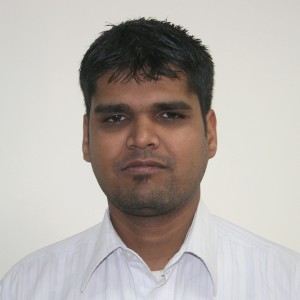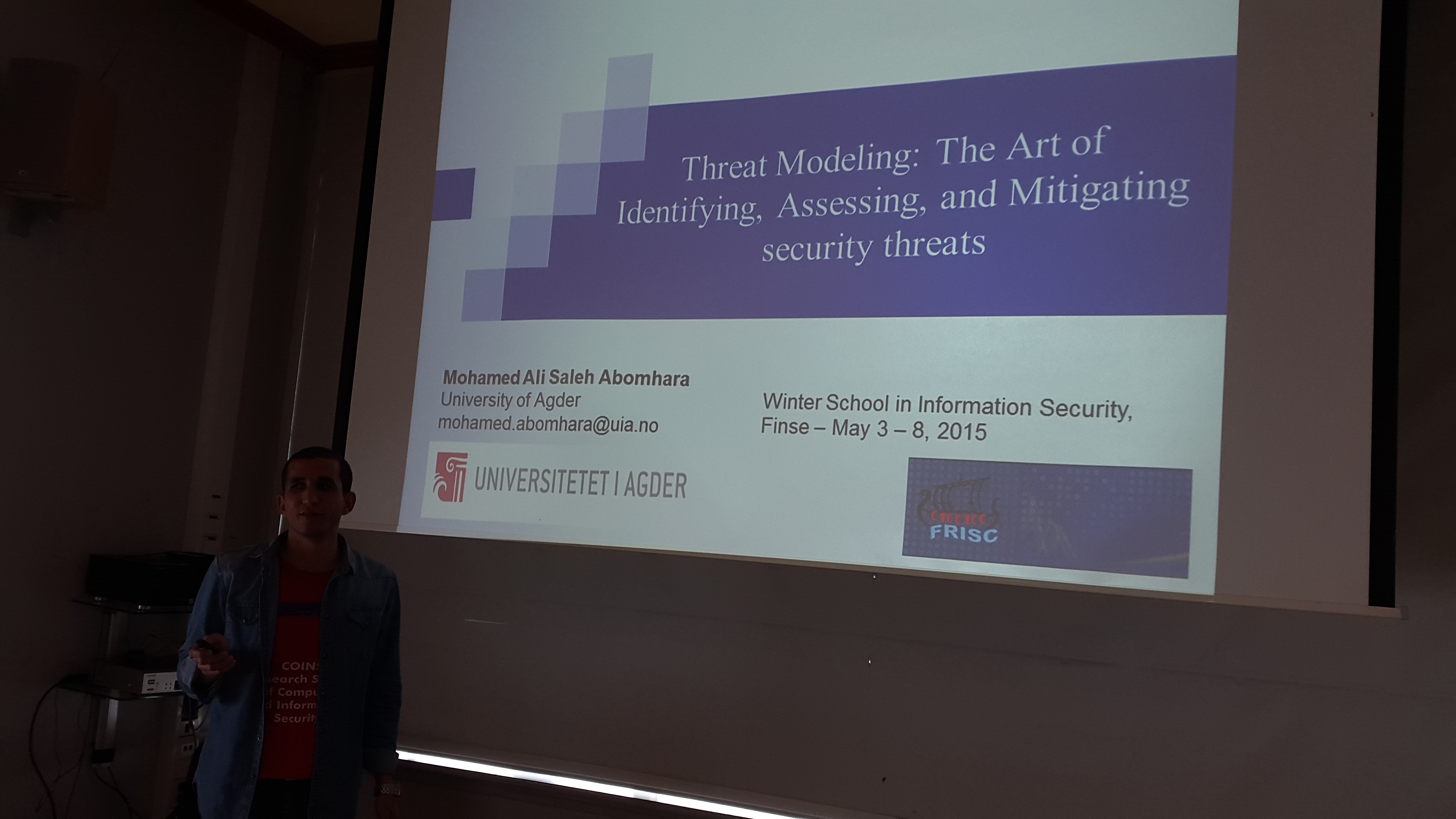 Bikash Agrawal successfully completed his trial lecture and PhD thesis defense at the University of Stavanger on Monday, the 13th of March 2017 and will be awarded the degree of Doctor of Philosophy.
Bikash Agrawal successfully completed his trial lecture and PhD thesis defense at the University of Stavanger on Monday, the 13th of March 2017 and will be awarded the degree of Doctor of Philosophy.
The title of his thesis is “Scalable Data Processing and Analytical Approach for Big Data Cloud Platform” and the given topic for his trial lecture was “Fog computing for big data processing”.
In the current “information explosion era”, data is increasing dramatically every year. Tackling the challenges posed by collecting large-scale data is trending to a superabundance of data management systems characterized by horizontal scalability.
Data has become a critical commodity in organizations and data analysts are struggling to make optimal business decisions, due to the challenges in Big Data management: volume, velocity, variety, veracity, and value. Large-scale data analytics is turning into a computational resource paradigm due to already unprecedented yet fast growing requirements such as scalability, data intensiveness, high availability, fault tolerance,
and the ability to handle diverse data structures. As these problems grow in scale, parallel computing resources are required to meet computational and memory requirements. The growing demand for large-scale data analysis and mining applications has resulted in both industry and academia designing highly scalable data-intensive computing platforms.
Large-scale analysis requires clusters of connected computers to allow high performance in environments such as cloud computing. As cloud computing clusters grow in size, the following key challenges have arisen: heterogeneity of the system, hidden complexities, time limitations, and scalability. Other challenges such as failure prediction and anomaly detection of components in the cluster components are also important factors that must be addressed while running Big Data applications. Although, some solutions to these challenges are already available for small-scale systems, a scalable approach for effective performance diagnosis and pre-diction is needed. This dissertation addresses these needs and proposes solutions (like a distributed scalable analytics framework) that enrich the cloud platform and enable high-performance processing on a large scale. The contribution of this dissertation is demonstrated by applying state-of-the-art processing framework and consequently improving data center overall performance by predicting failures and detecting anomalies. The framework enables Big Data applications to gain an advantage using cloud computing such as scalability and elasticity.
Additionally, it proposes a state-of-art solution for permanently deleting data stored by Big Data applications. Herein solutions for securely deleting cloud data are evaluated, and a novel secure deletion tool for Hadoopclusters is also proposed.
The following committee has been appointed to evaluate his thesis, trial lecture and defense:
- First external opponent: Assistant Professor Artur Klepaczko, Lodz University of Technology, Poland.
- Second external opponent: Professor Yan Zhang, University of Oslo, Norway.
- Committee member and administrator: Assistant Professor Erlend Tøssebro, Faculty of Science and Technology, Department of Electrical and Computer Engineering, University of Stavanger, Norway.
Bikash Agrawal carried out his PhD work at the Department of Electrical Engineering and Computer Science, University of Stavanger. His main supervisor was Associate Professor Tomasz Wiktorski, University of Stavanger and a co-supervisor Professor Chunming Rong, University of Stavanger.
Congratulations!

